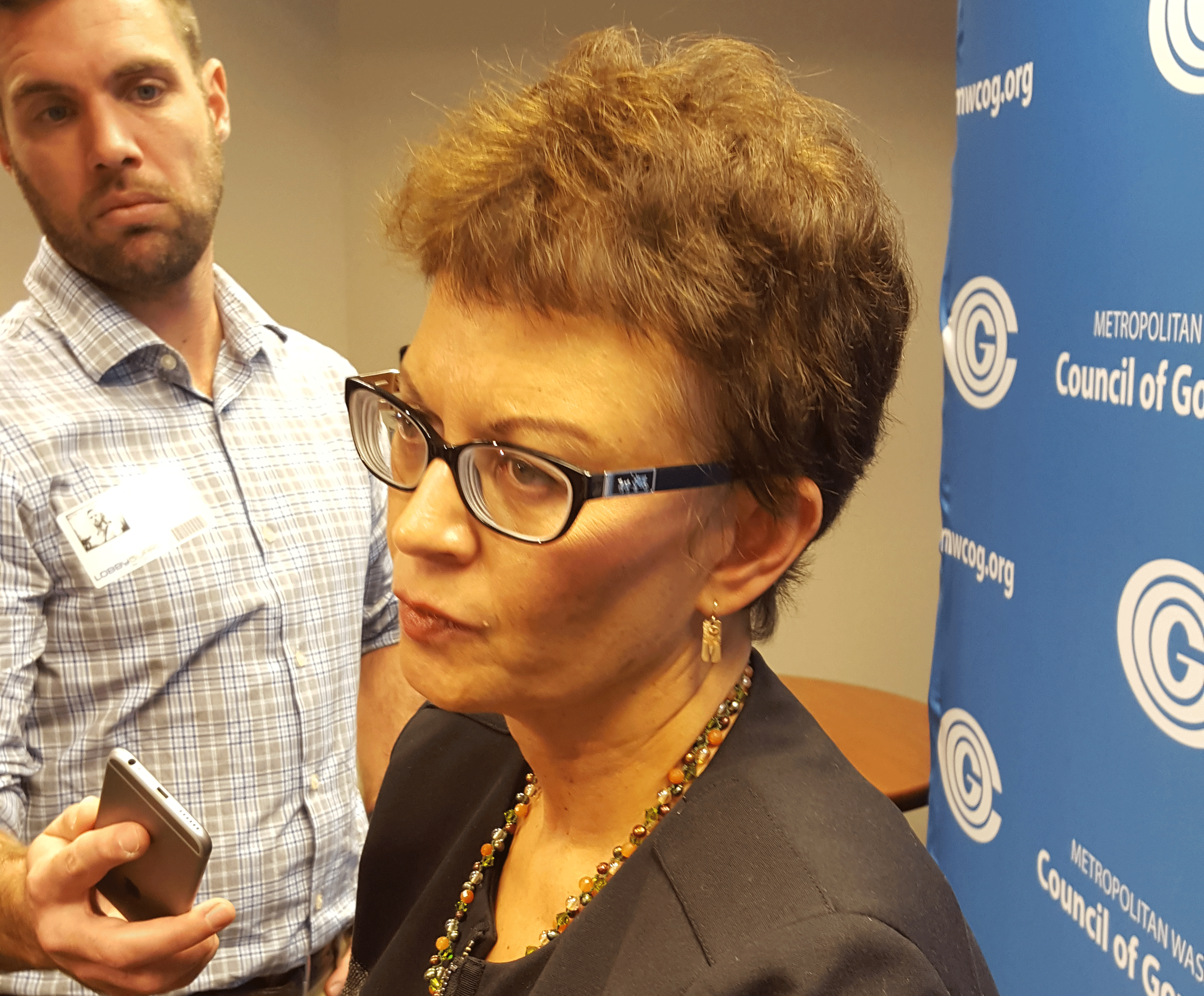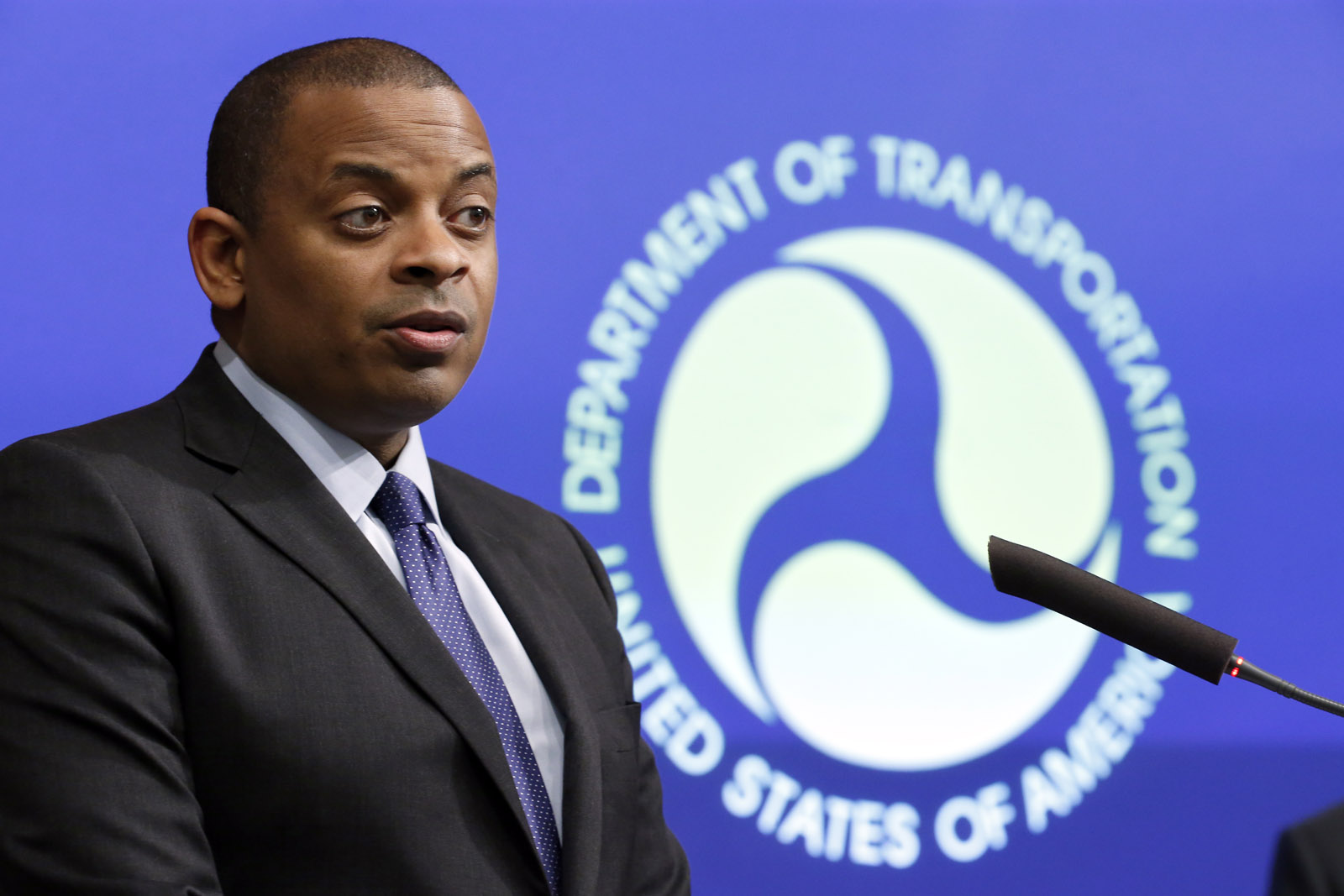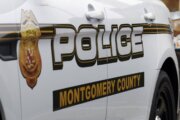WASHINGTON — A new Metro Safety Commission could operate largely behind closed doors except when it is convenient, open government groups warned in a letter sent to D.C., Maryland and Virginia leaders on Thursday.
The three jurisdictions have promised for years to set up an oversight commission with actual enforcement power, but only this spring did the three tentatively agree on the bill that would establish such an agency. The leaders of the D.C. Open Government Coalition, the Virginia Coalition for Open Government and the Maryland-Delaware-D. C. Press Association are concerned that, as written, the bill would allow the new commission to set its own rules for what it shares with the public and what it does not.
“Unfortunately, the legislation as currently written does not guarantee public participation in the oversight process,” the letter states.
The draft legislation, which has been carefully negotiated and hammered out for months by high-level staffers in the three jurisdictions, reads: “meetings of the Board (of the commission) shall be open to the public unless closed pursuant to adopted Board policy, and Commission documents shall be available to the public unless deemed confidential pursuant to adopted Commission policy.”
It directs the Board to adopt its own freedom of information policies “based on the principles of transparency and public access contained in the Federal Freedom of Information Act … and, therefore, (the Board) shall not be subject to the sometimes conflicting open meeting and freedom of information laws of any individual Signatory.”
Final adopted investigative reports would be public, but could not be used as evidence in court or in a civil action for damages resulting from anything mentioned in them. Even though the public would not necessarily have access to ongoing investigations, the mayor of D.C. and the governors of Maryland and Virginia would have “prompt and full access to any and all records held by the Commission.”
“We are concerned that the result would be transparency only when it suits the commission, not when it is necessary to serve the public interest. This carries the potential for continued safety issues, and a lack of public confidence in the process,” the open government groups’ letter said.
“I think it’s too important to be left to chance or self-policing,” D.C. Open Government Coalition President Kevin Goldberg said in an interview.
His group would like the bill amended to provide an enforcement mechanism if the commission violates its own policies, a right to appeal rejections of public-access requests, and a right to public access guaranteed either by federal freedom of information laws or by the laws of one of the jurisdictions.
“We, as the public, should have the right to see how funds are being spent, and to make sure that they are doing their jobs correctly,” Goldberg said.
“I as a Metro rider — and I am a Metro rider every day — would like to know if the people who are watching Metro are doing their jobs correctly, because to this point it doesn’t seem like Metro itself has done its job correctly, and, frankly, this commission is being created because the predecessor oversight organization seems to have dropped the ball,” Goldberg added.
This week, the Federal Transit Administration said it was not satisfied with the response from D.C., Maryland and Virginia to requests for additional staff or contractors to help in its own temporary safety oversight of Metro, so it would spend up to $900,000 that had been designated to help establish the Metro Safety Commission to increase staffing on its own.
Temporary FTA oversight has replaced the Tri-State Oversight Commission, which issued a number of safety reports and established corrective action plans for Metro, but had no power to actually enforce them. Before the change, federal investigators found safety oversight was gridlocked by, among other things, jurisdictional fights.
“A strong right of access is necessary now, more than ever, since this legislation was mandated by Congress because the previous iteration of an oversight commission, the Tri-State Oversight Commission, was not successful in ensuring that the Metro system is safe,” the letter reads.
The letter was addressed to D.C. Council Chairman Phil Mendelson, Maryland Senate President Mike Miller, Maryland House Speaker Michael Busch, Virginia Senate Majority Leader Tommy Norment and Virginia House Speaker Bill Howell. Copies were also sent to D.C. Mayor Muriel Bowser, Maryland Gov. Larry Hogan and Virginia Gov. Terry McAuliffe.
The D.C. Council is expected to take up the bill this fall, which will likely include a public hearing in October.
The Maryland and Virginia general assemblies are scheduled to return to session in January. All three jurisdictions will need to adopt the same legislation in order to create the new Metro safety watchdog agency.







